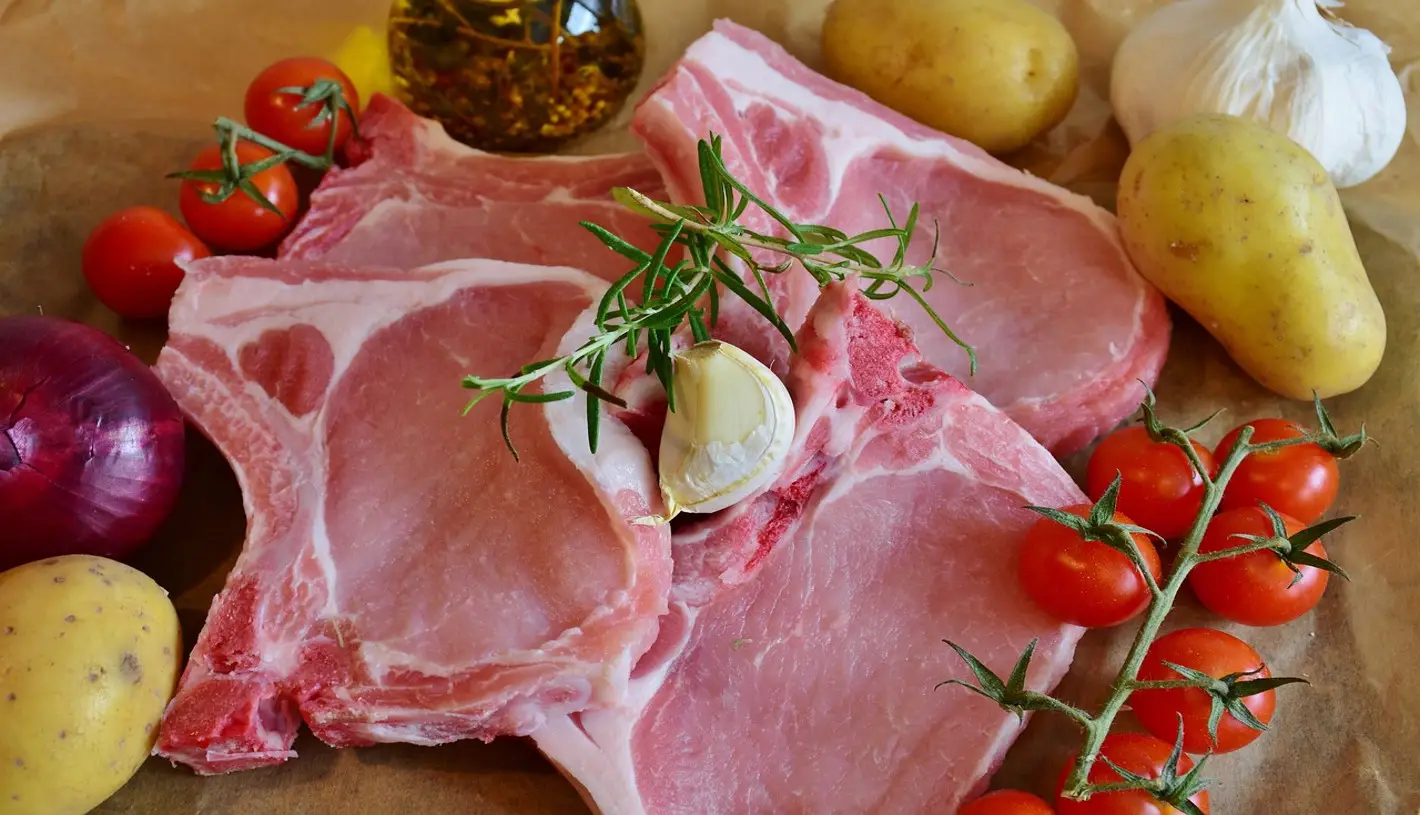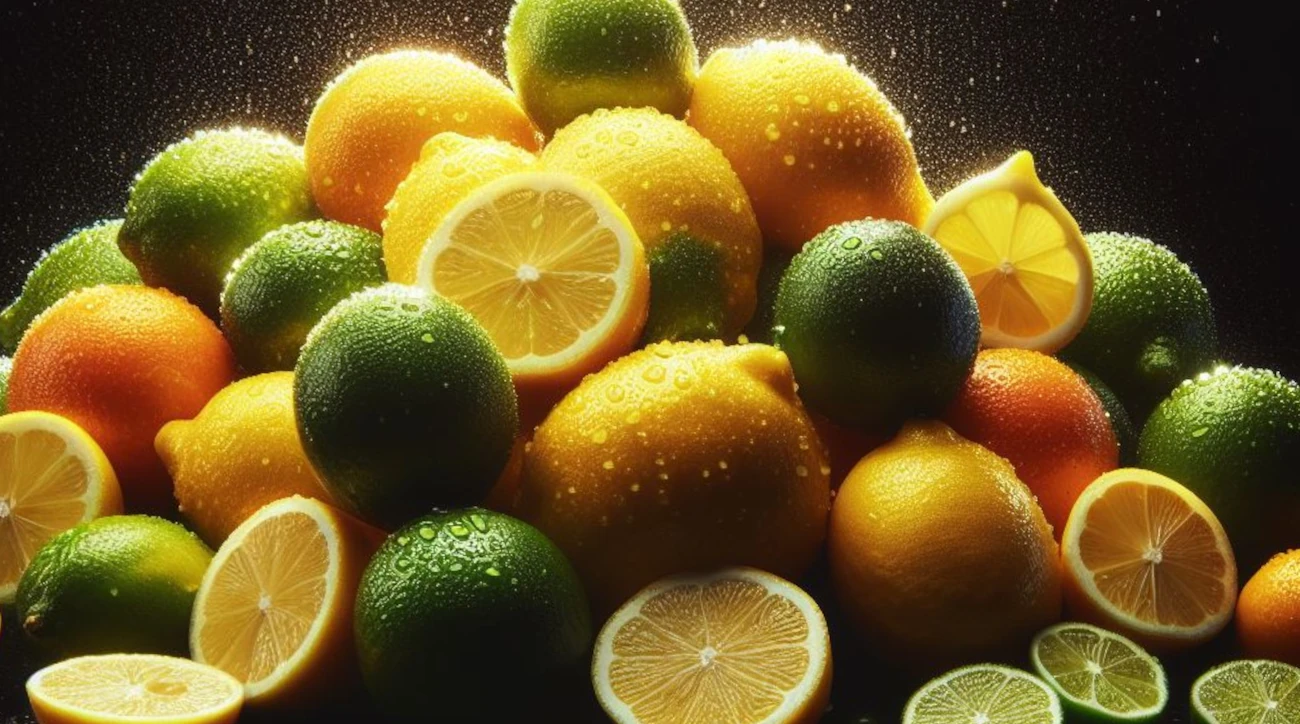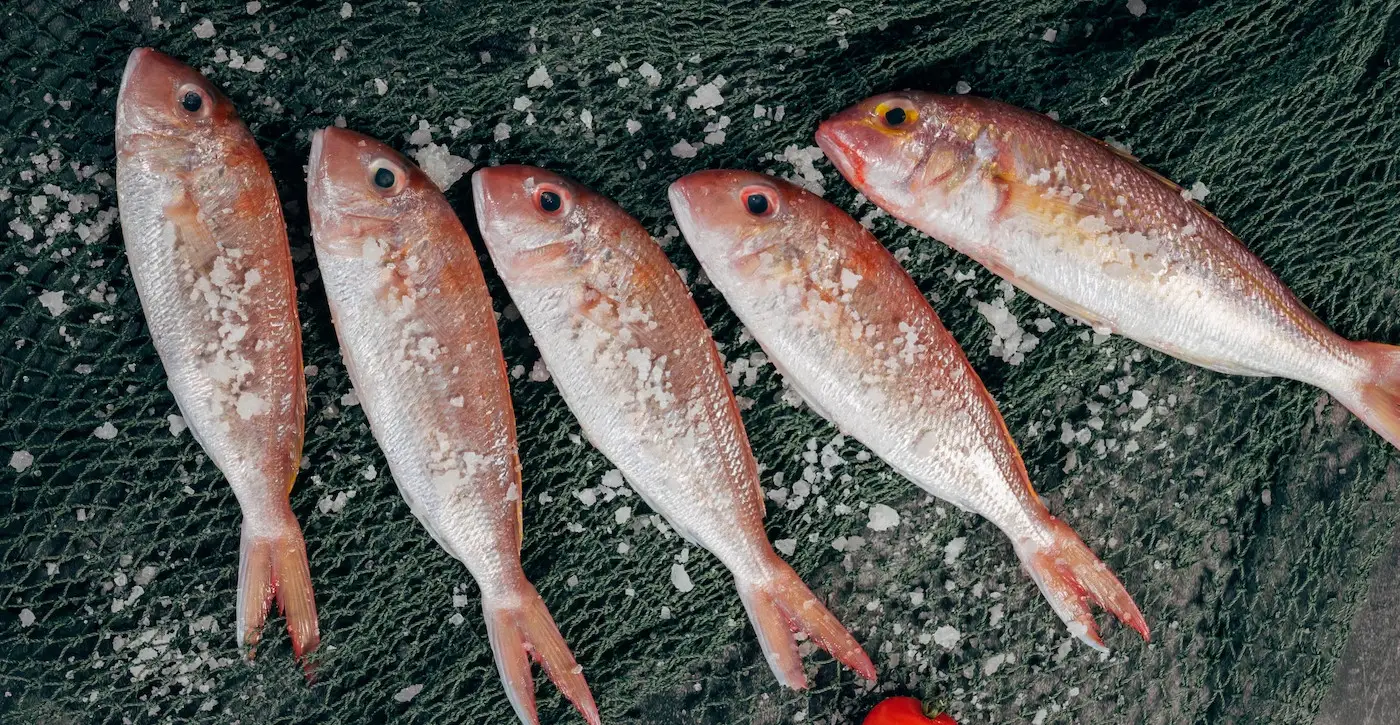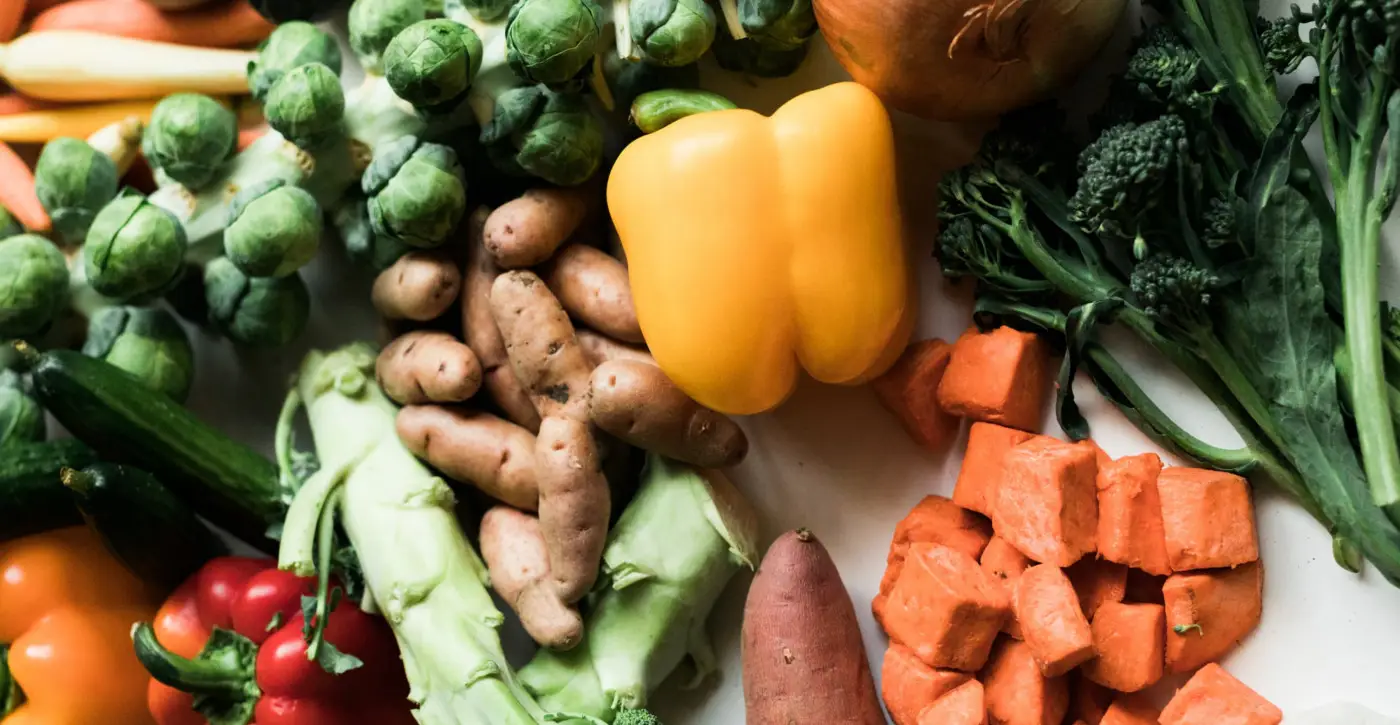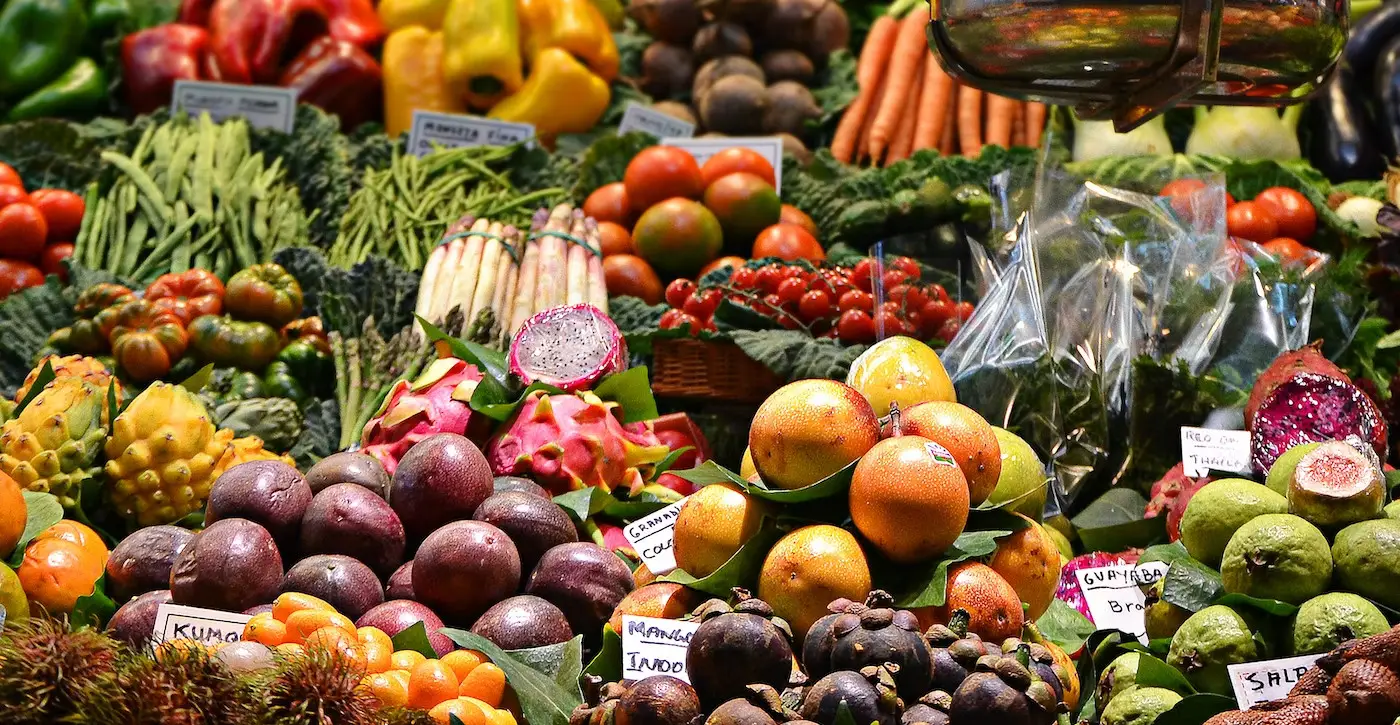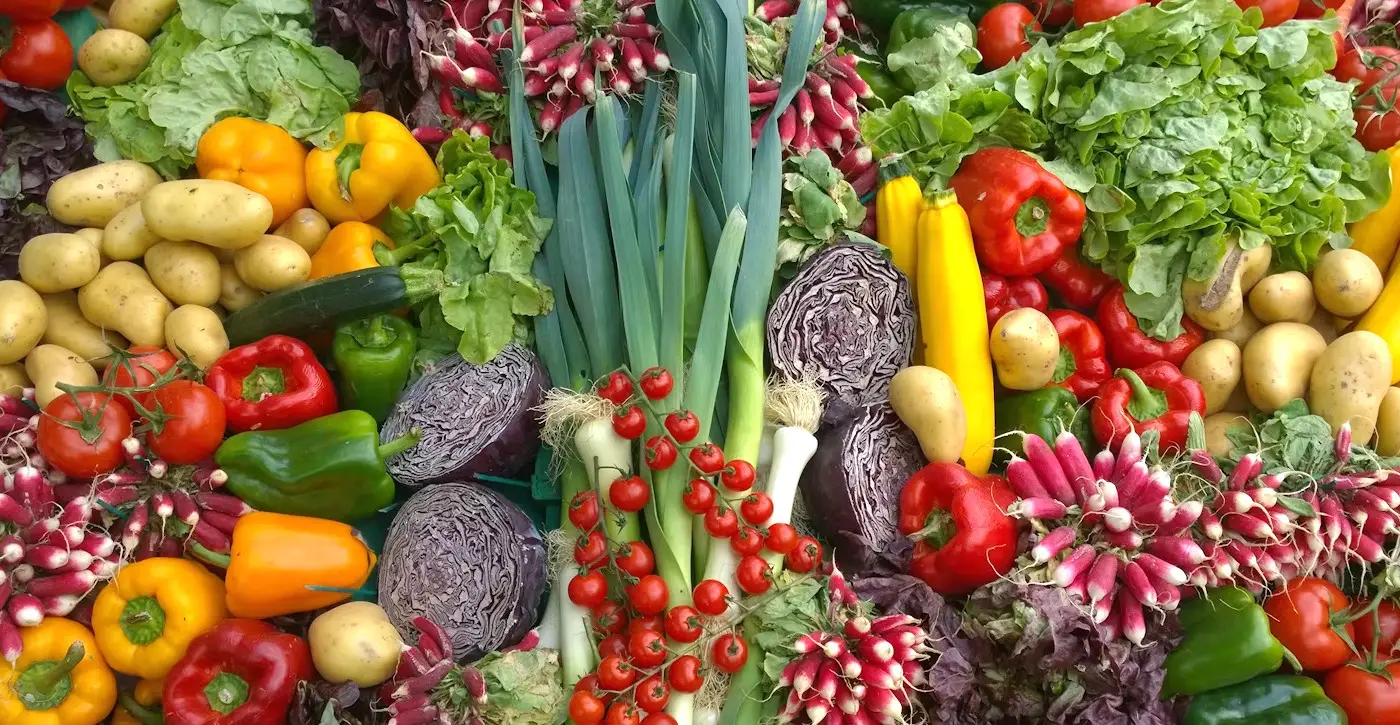Paprika Lysine and Arginine Info Sheet
Overview
Paprika is a ground spice made from dried red fruits of sweeter varieties of the plant Capsicum annuum.Paprika is rich in vitamins A, E, B-6, and C, iron, and capsaicin, and has a range of health benefits.
| Name | Lysine (mg/100g) | Arginine (mg/100g) | Ratio |
|---|---|---|---|
| Paprika | 59.93mg | 62.16mg | 0.96 |
Paprika contains 59.93mg of Lysine and 62.16mg of Arginine per 100g of product.
This means Paprika has a neutral Lysine-Arginine ratio of 0.96.
Because Paprika has a neutral ratio of lysine and arginine, it does not have a significant impact on people who suffer from herpes, as it does not affect the viral activity.
Lysine Considerations
Paprika has a moderate amount of lysine. Lysine is an essential amino acid that supports protein synthesis, collagen formation, and immune function.
It is one of the nine amino acids that the body cannot make by itself, so it has to come from the food we eat.
Lysine has multiple functions in the body, such as helping with growth, healing, energy, immunity, and collagen production.
Lysine may also have some effects on the herpes virus, which causes cold sores and genital sores.
Studies have suggested that taking lysine supplements or applying lysine cream may help prevent or treat these infections by blocking the amino acid arginine, which the virus needs to grow.
Arginine Considerations
Paprika has a slightly higher amount of arginine than lysine. Arginine is a semi-essential amino acid that plays a role in several bodily functions, including wound healing and immune function.
Arginine has multiple functions in the body, including wound healing, helping the kidneys remove waste products from the body, and maintaining immune and hormone function.
Arginine also plays a role in the replication of the herpes virus, making it a key factor in cold sore outbreaks.
The herpes virus requires arginine to grow, replicate, and create new herpes viruses.
Foods abundant in arginine, such as nuts and chocolate, may increase the frequency and severity of these outbreaks.
Lysine-Arginine Ratio
Paprika has a balanced lysine-arginine ratio, which means it has nearly equal amounts of lysine and arginine.
This balance may be beneficial for maintaining overall health.
The herpes simplex virus, which causes oral and genital herpes, needs arginine to multiply and infect cells.
Lysine, on the other hand, can interfere with the absorption of arginine in the intestine, and thus limit the availability of arginine for the virus.
By eating a diet higher in lysine than arginine, one may be able to prevent or treat herpes flare ups.
Foods that have a high lysine-arginine ratio include milk, cheese and yogurt, fish, poultry, fruits, and vegetables.
These foods can supply the body with sufficient lysine to compete with arginine and inhibit the virus from replicating and causing symptoms.
Dietary Considerations
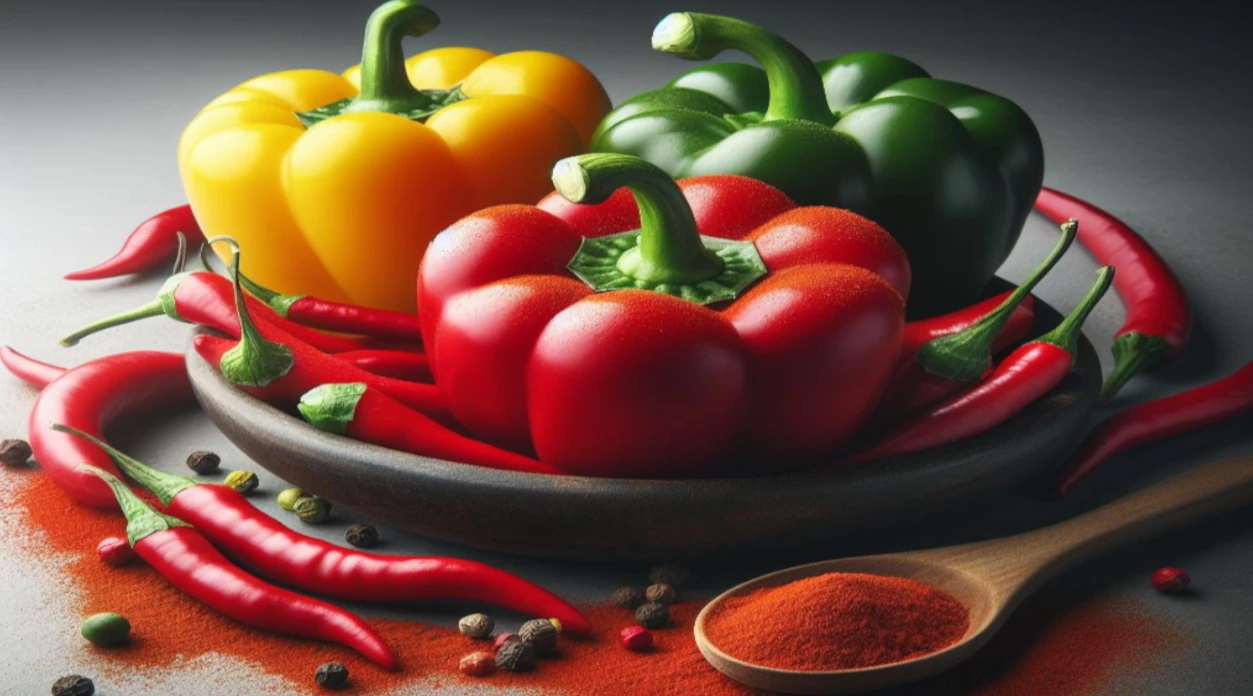
For example:
A well-balanced and healthy diet that strengthens your immune system and lowers inflammation is important.
This means you should eat a lot of fruits, vegetables, whole grains, lean protein, and good fats, and avoid processed foods, added sugars, alcohol, and caffeine.
Drinking enough water to keep yourself hydrated and remove toxins from your body.
Water can also help prevent dryness and irritation of the skin and mucous membranes, which can result in fewer outbreaks.
You may want to take l-lysine supplements.
L-lysine is known to prevent herpes outbreaks and it can help stop a cold sore in its initial stages by "starving" the virus of arginine before it has a chance to cause a cold sore.
Your immune system can be weakened and inflammation can be increased by foods that can cause allergic reactions or sensitivities, such as gluten, dairy, nuts, eggs, or shellfish.
Avoid these foods to avoid outbreaks.
Try eating foods that can enhance your immune system and reduce inflammation to avoid outbreaks.
Some of these foods are honey, yogurt, aloe vera, and chamomile.
They can also help you with your symptoms by easing pain, swelling, and itching, and accelerating your recovery.
Check more food information
